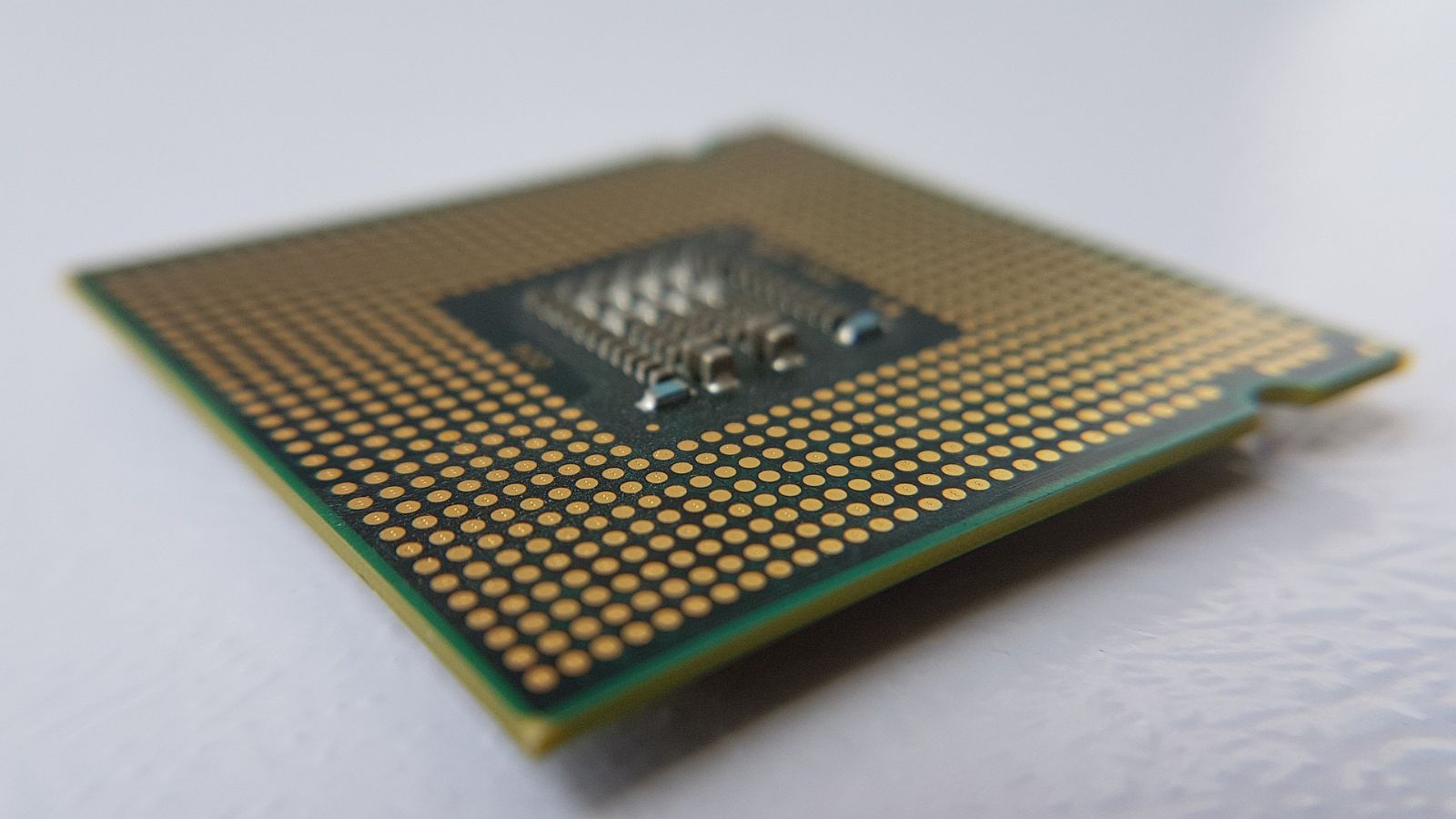It may sound like pure science fiction, but at some companies, implanting employees with a microchip is already the norm.
While initially it might sound a bit invasive (and painful!), there are some significant benefits for both parties: employees gain convenience, while employers gain efficiencies and cost savings. But is it really a win-win?
Microchip technology: it’s nothing new
We already use microchip technology to identify our pets. Sensors using RFID are used in global industry to track assets from the factory floor to the customer’s door. Similar technologies are being used by employees in the form of smart ID cards, fobs, or even smartphone apps that can be used to access buildings as well as physical locations within a building.
Obviously, the biggest difference between these technologies and an implanted microchip is that an employee cannot readily or easily separate him or herself from the chip. Though having pieces of technology, such as medical devices, implanted in your body is accepted to a large degree, allowing a microchip implant to track you raises concerns regarding privacy.
The basics of employee microchipping
Contrary to popular belief, microchips aren’t meant to record your every move. Employee microchips are simply IoT devices—sensors—that communicate with other IoT sensors to deliver data to a central database.
Microchips contain a tiny bit of information that can be read by those other devices. This means that when a microchipped employee comes near a device that is set up to read the information on the chip, there will be an appropriate response: a door opens, a login occurs, your presence in the building is detected, etc.
Microchips, privacy, and the future
Microchip technology, as it applies to immediate office management applications, is fairly basic. In the future, however, there is great potential for such chips to hold a massive amount of personal information, including banking and payment data, passports, driver’s licenses, medical history, GPS, and much more.
This is where the microchip issue starts to get complicated and, arguably, a bit dangerous. With the potential of so much personal data being stored on implants, data security will need to evolve considerably to ensure that chips cannot be accessed by a malicious source.
The benefits of microchipped employees
Many global companies already after a microchip option for their employees. As of now, it’s not a requirement, but as the technology becomes more mainstream, it may become so.
Advocates of the microchip implant cite its many efficiency-based benefits, including:
- Convenience: Employees no longer have to keep track of keys, access cards, ID cards, and so on—and employers don’t have to produce them.
- Single login: Microchips eliminate the unreliable and insecureusername/password combination system, as well as the inconvenient two-factor identification system, for secure logins.
- Paying for small items: Vending machines equipped with the appropriate sensors can communicate with the microchips to pay for (or charge to credit) small items, such as snacks and drinks.
What happens when employees leave?
While the microchip can be removed, most employers who currently use the technology have not made any provisions for removal. According to vending company Three Square Market, “it’s up to the employees” what they want to do with it if they leave the company.
Fortunately, microchips are tiny. About the size of a grain of rice, sources say that a typical microchip can be removed much like we would extract a splinter.
But what happens when the information on the chip is picked up by another external source?
The bottom line is that these chips are designed for convenience, not security. Currently, there are no regulations governing this type of data, which opens a lot of doors for malicious intent.
As of now, there is really no need to worry about getting microchipped by your employer: companies currently can’t force their employees to accept an implant, and until there are adequat legislation and protections in place, microchips have a long way to go before they become an everyday procedure in business.
If you do business in Arkansas and would like to speak to us about how technology can move your company forward, reach out to Business World today.


